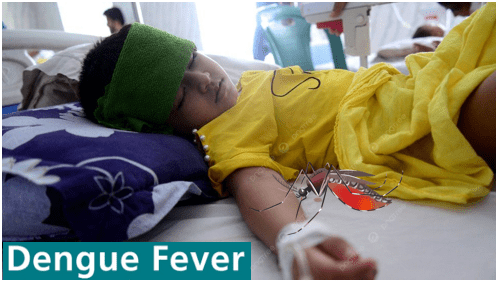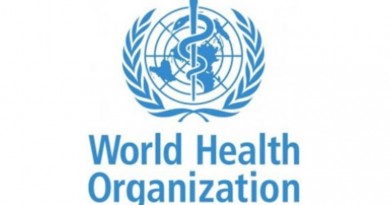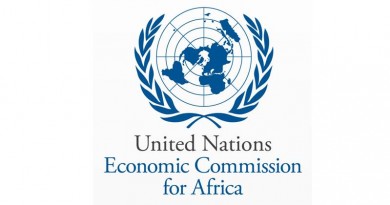Dengue fever infections spread as five million cases and 5,000 deaths are reported
The recent warning issued by the World Health Organization (WHO) comes in light of the alarming statistics on dengue infections and deaths worldwide. As of now, there have been over five million reported cases of dengue infections and approximately 5,000 deaths caused by the disease this year alone. Dr. Diana Rojas Alvarez, the WHO Team Lead on Arboviruses, emphasized the urgent need for a comprehensive response from all levels of the UN health agency to address this threat. The focus should be on supporting countries in controlling ongoing dengue outbreaks and preparing for the upcoming dengue season.
The increase in reported cases of dengue can be attributed to the expansion of infected mosquitoes into more countries. This expansion is a result of global warming, which is linked to rising emissions. The changing climate, characterized by increased rainfall, humidity, and temperature, creates favorable conditions for the survival and proliferation of these disease-carrying mosquitoes. Dr. Alvarez highlighted the sensitivity of these mosquitoes to temperature changes, further emphasizing the impact of climate change on dengue transmission.
Dengue is the most common viral infection transmitted to humans through mosquito bites, particularly in urban areas within tropical and sub-tropical climates. While approximately four billion people are at risk of contracting dengue, most infected individuals remain asymptomatic and recover within a span of one to two weeks.
However, severe cases of dengue can lead to shock, severe bleeding, or organ impairment. WHO has emphasized that these dangerous symptoms often manifest after the fever subsides, catching caregivers and medical professionals off guard. It is crucial to be aware of warning signs such as intense abdominal pain, persistent vomiting, bleeding gums, fluid accumulation, lethargy, restlessness, and liver enlargement. Early detection and access to proper medical care are vital in reducing the likelihood of death due to severe dengue.
Currently, there is no specific treatment for dengue, underscoring the importance of early detection and prompt medical intervention. The high number of reported cases and deaths this year serves as a stark reminder of the urgent need to address this global health issue. The Americas have reported close to 80 percent of the cases, followed by Southeast Asia and the Western Pacific region. Efforts must be intensified to control the spread of dengue and mitigate its impact on affected populations worldwide.




